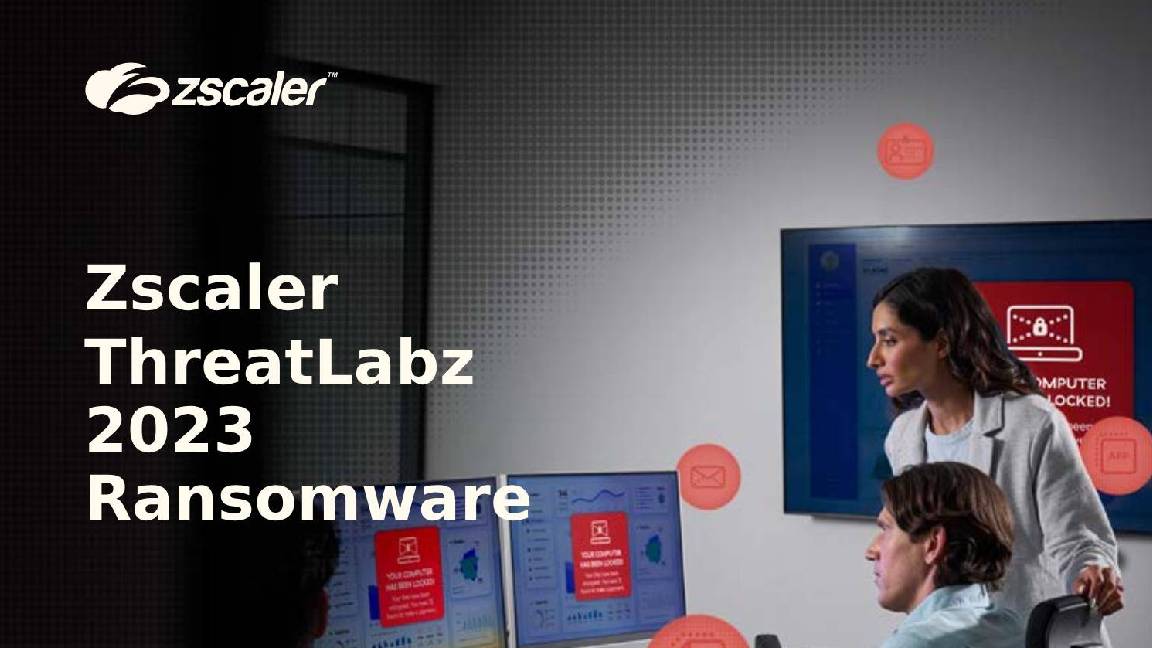Report: Ransomware is driving up UK inflation
Growing ransomware attack costs are driving inflation and forcing firms to take desperate measures to cut expenditures


Ransomware attack costs are contributing to rising inflation in the UK, new research shows.
Businesses across the UK are facing increased costs due to ransomware attacks, which are being passed on to consumers, according to a study from Veeam Software.
The study involved 100 business leaders whose organizations had suffered at least one successful ransomware attack within the previous 18 months. The findings revealed businesses are facing an average increase of 17% to their costs following an attack.
Almost a quarter of organizations (22%) reported price increases of between 21% and 30%, Veeam said, whereas 6% of respondents said prices had increased by 31 – 40%.
Cumulatively, 68% of the companies represented in the survey reported they had increased prices by at least 11% as a direct result of suffering an attack.
Only 1% of organizations were able to avoid bumping up their prices after being attacked.
Another report produced by Veeam on data protection trends during 2023 found 76% of UK businesses were the victims of successful ransomware attacks in the previous year, underscoring the scale of the threats facing UK businesses.
Sign up today and you will receive a free copy of our Future Focus 2025 report - the leading guidance on AI, cybersecurity and other IT challenges as per 700+ senior executives
How are businesses responding to ransomware attack costs?
As well as contributing to increased direct costs, businesses are having to take other measures to operate in this heightened threat environment.
On average, firms took two months to recover from an attack, Veeam said, and 16% took between three and six months to get back up to speed.
One measure organizations are taking is ensuring they have robust data protection and recovery processes, with 43% of respondents saying they have invested in a new backup and recovery strategy after being attacked.
Ransomware attack costs are also having an impact on jobs, the study found. Nearly half (47%) of respondents said they reduced headcount within the first six months of an attack to compensate for rising costs.
Similarly, organizations reported they needed to cut operating costs by an average of 17%, with 11% of respondents having to cut costs by 21% or more.
RELATED RESOURCE

Learn about what will shape future ransomware defense strategies
Some businesses are worried they will not be able to remain afloat as a result of the increased costs due to ransomware attacks. Around 70% of respondents said their business would have to close if it suffered another attack.
A sizable portion of business leaders (78%) said a previous employer had shut down within a year of suffering an attack, with 20% reporting they considered the option of ceasing operations.
Veeam’s VP of UK & Ireland, Dan Middleton, thinks the key to businesses adapting to this increasingly hostile environment is to adjust their attitude towards security, advising businesses to treat ransomware attacks as an inevitable part of operations.
“Ransomware has become an unfortunate part of the business landscape, but despite the worrying nature of these findings, it doesn’t have to equate to business closure or rising costs,” he said.
“Understanding that ransomware and other data disruptions are inevitable will help businesses take the necessary steps.”

Solomon Klappholz is a former staff writer for ITPro and ChannelPro. He has experience writing about the technologies that facilitate industrial manufacturing, which led to him developing a particular interest in cybersecurity, IT regulation, industrial infrastructure applications, and machine learning.
-
 Motorola's new premium smartphone is a melting pot of camera innovation
Motorola's new premium smartphone is a melting pot of camera innovationNews The Signature has been built in collaboration with Sony, Qualcomm, and Instagram, and has four 50MP camera lenses
-
 Lenovo reveals slick rollable screen concept at CES 2026
Lenovo reveals slick rollable screen concept at CES 2026News The ThinkPad XD is impressive, but the ThinkBook Gen 7 Auto Twist will have us knocking our laptops open
